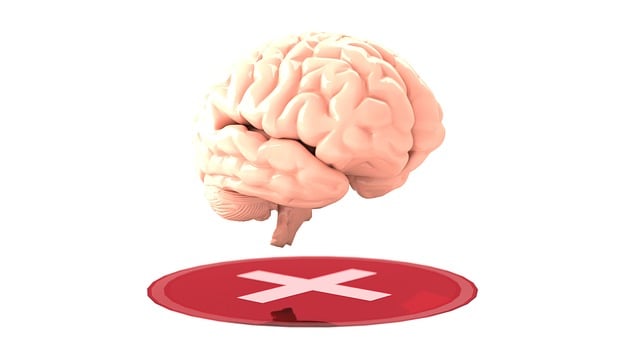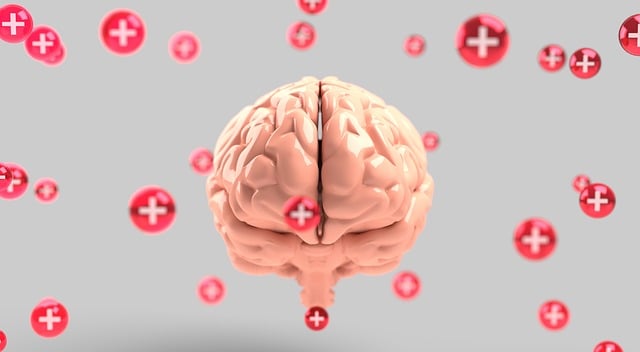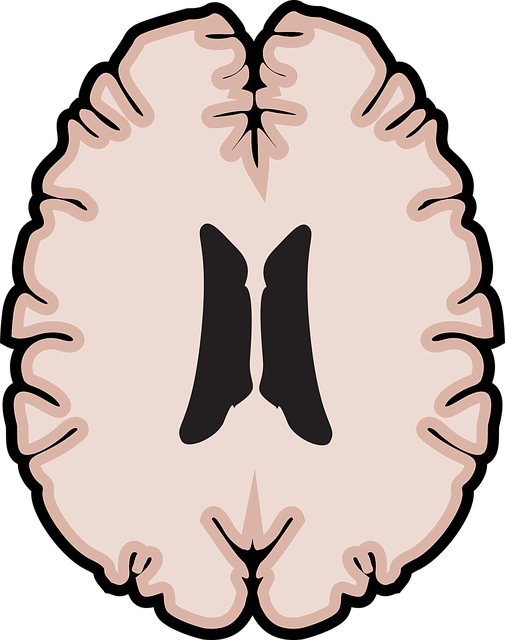Mental health professionals play a crucial role in providing tailored therapy for children with developmental disabilities, addressing complex emotions and behaviors. Using evidence-based practices, wellness journaling, and mind-over-matter techniques, they create safe environments that enhance positive outcomes. Specialized strategies like conflict resolution coaching and mental wellness coaching programs ensure effective support for both therapists and clients. By integrating risk assessment tools, educating caregivers, and implementing community outreach, these professionals foster a nurturing space, promoting security and support for children's healing journeys.
In the noble field of mental health, especially child therapy, professionals constantly navigate complex emotional landscapes. This article delves into crucial aspects of risk assessment, focusing on the unique challenges posed by working with children having developmental disabilities. We explore vulnerabilities and potential hazards, providing insights from the perspective of mental health experts. Furthermore, practical strategies for mitigating risks in therapy sessions are offered, emphasizing safety as a cornerstone of effective treatment, particularly when addressing developmental disabilities.
- Understanding Risks in Child Therapy: A Mental Health Professional's Perspective
- Assessing Vulnerabilities: Developmental Disabilities and Potential Hazards
- Strategies for Mitigating Risks: Ensuring Safety in Therapy Sessions
Understanding Risks in Child Therapy: A Mental Health Professional's Perspective

Mental health professionals working with children must have a profound understanding of the unique risks and challenges that come with this specialized field. Child therapy is a delicate process, especially when addressing issues related to developmental disabilities. These conditions can present complex emotions and behaviors that require tailored strategies for effective treatment. Mental wellness journaling exercises have been recognized as valuable tools in child therapy, enabling professionals to provide guidance and support while fostering self-awareness and coping mechanisms.
Depression prevention is another critical aspect, as children with developmental disabilities may be more susceptible to emotional distress. Mind over matter principles can empower both the therapist and the client, promoting resilience and healthy mental habits. By staying vigilant and employing evidence-based practices, professionals can ensure a safe and nurturing environment, enhancing the potential for positive outcomes in therapy.
Assessing Vulnerabilities: Developmental Disabilities and Potential Hazards

In the realm of mental health professional risk assessment, it’s crucial to consider the unique vulnerabilities presented by individuals with developmental disabilities. These disabilities, such as autism or intellectual impairments, often come with specific challenges that can impact therapy sessions and the overall well-being of both clients and therapists. For instance, certain behaviors commonly associated with developmental disabilities—like repetitive actions or sensory sensitivities—can trigger stress or anxiety in both parties if not properly managed.
When assessing risks, mental health professionals must be adept at identifying potential hazards and implementing tailored strategies. This involves integrating specialized therapy for children with developmental disabilities, focusing on techniques like conflict resolution coaching to navigate challenging behaviors. Additionally, Mental wellness coaching programs can play a pivotal role in equipping therapists with the tools needed to provide effective support while ensuring their own emotional resilience. By addressing these considerations, professionals can enhance their ability to deliver safe and nurturing environments for all clients, fostering growth and anxiety relief rather than exacerbating existing vulnerabilities.
Strategies for Mitigating Risks: Ensuring Safety in Therapy Sessions

Mental health professionals play a crucial role in fostering healing and growth among their clients, especially those with developmental disabilities. To ensure safety and mitigate risks during therapy sessions, several strategies can be employed. One key approach is to implement comprehensive risk assessment tools tailored to each client’s unique needs. This involves identifying potential triggers, past traumas, or behaviors that may pose a risk during therapy. By proactively understanding these factors, professionals can create a structured and supportive environment.
Additionally, providing clear crisis intervention guidance to both clients and their caregivers is essential. Educating individuals on recognizing warning signs and available support systems empowers them to manage challenging situations effectively. Community outreach program implementation can further enhance safety by fostering connections to local resources and promoting positive thinking within the community. These strategies collectively contribute to a nurturing therapy space, where children with developmental disabilities feel secure and supported throughout their healing journey.
Mental health professionals play a vital role in facilitating therapy for children with developmental disabilities, but this work comes with unique risks. By understanding the specific vulnerabilities associated with these populations and implementing effective risk assessment strategies, therapists can create safer, more supportive therapeutic environments. Through proactive measures, such as identifying potential hazards and adopting evidence-based mitigation techniques, professionals can enhance the overall quality of care provided to vulnerable children. This holistic approach ensures that therapy sessions are not only beneficial but also secure for all involved.












